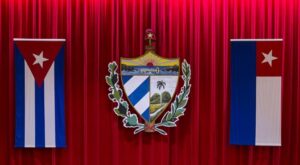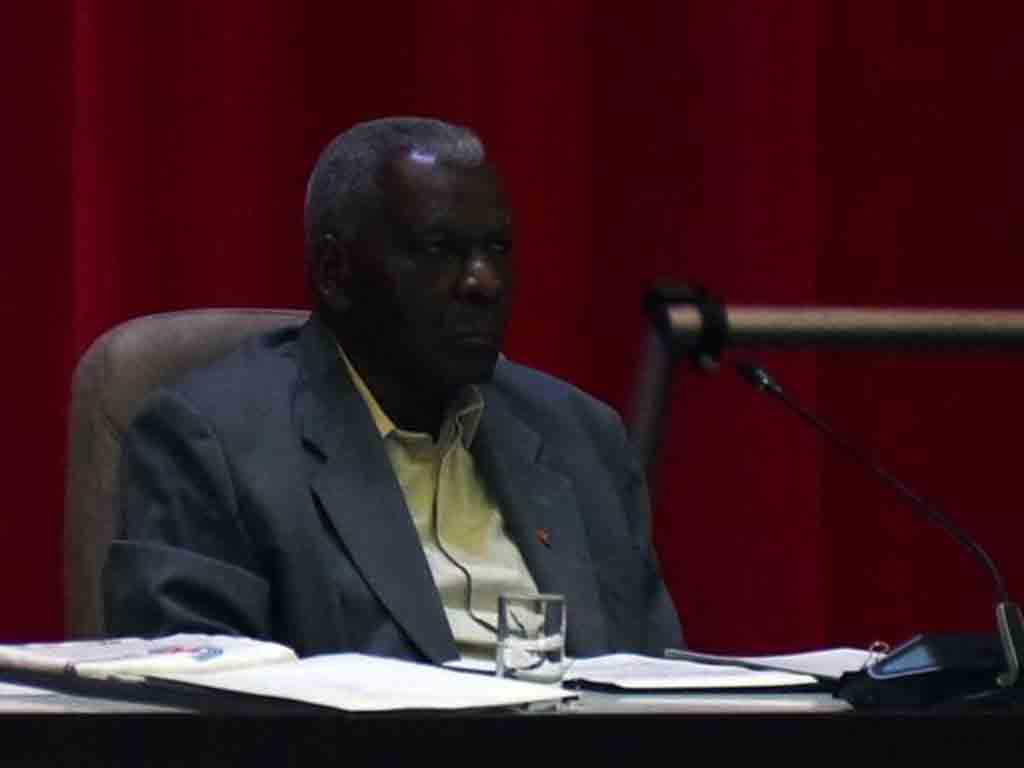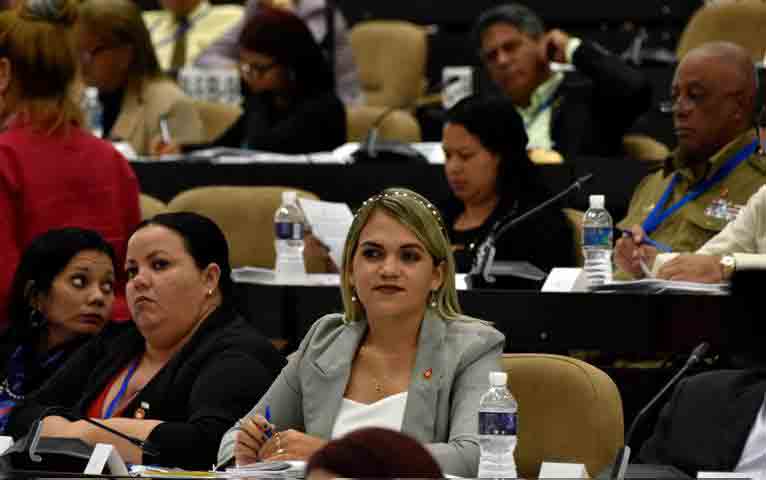 The 10th Legislature of the National Assembly of People’s Power today debates transcendental issues for the population such as food, price control and the national energy system.
The 10th Legislature of the National Assembly of People’s Power today debates transcendental issues for the population such as food, price control and the national energy system.
On the second day of the First Ordinary Session, the implementation of the Law on Food Sovereignty and Food and Nutritional Security will be evaluated, a regulation that aims to improve the processes of production, processing, marketing and consumption of food, based on the endogenous capacities of each territory.
The law is of utmost importance for the country, as it refers to a core issue such as food, and is in line with the provisions of the current Constitution, but the great challenge lies in its proper implementation.
The effectiveness of the measures adopted for the control of prices will also be debated by the parliamentarians, since the constant increases in various products and services continue to be a concern of the people.
Also of interest to the population will be the debates on the current situation and perspectives of the country’s energy system, a sector which has suffered instability in recent times due to plant breakdowns and fuel shortages.
The deputies will also receive an update on the State’s foreign policy guidelines.
They will also evaluate the Draft Agreement that regulates a link with the electors of the territory where they were elected, a point that was left pending from the previous day, and which is an essential issue to be able to analyze issues of citizen interest.

